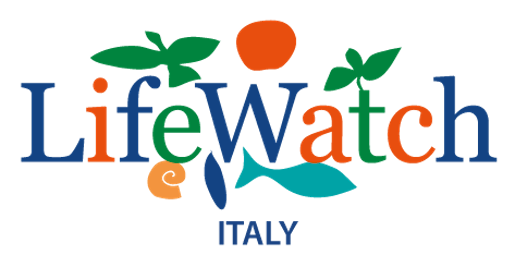
The LTER-Italy network towards an open and sustainable infrastructure
The 12th annual LTER – Italy meeting and the scientific Conference will take place in Bolzano, at the EURAC-Research premises, on May 28th and 29th. The event will close, on May 30th, with an excursion to the LTSER site “Val Mazia”, organized by the site Coordinators, which are also hosting the whole meeting.
The Conference will be dedicated to different aspects and perspectives related to the application of the principles of “Open Science” in LTER-Italy.
“Open science” and “sustainability” are two fundamental requirements for the consolidation of long-term ecological research (LTER) networks as research infrastructures, at national and European level. In this context, features typical of the collaborative nature of LTER networks, such as knowledge and data sharing, connection and interaction among different disciplines, transnational access to sites, dissemination of results, need to be increasingly developed and strengthened, since they are crucial for the sustainability of the networks themselves and to effectively address key environmental challenges.
The conference aims to contribute to examining and understanding the limits, challenges and opportunities for the development of open science in the LTER-Italy network. Topics relevant for LTER-Italy and the LifeWatch Italy community as well and connected, directly or indirectly, to the open science issues, will be addressed through invited lectures: the development of socio-ecological aspects, as an opening towards a vision that integrates social and ecological systems in LTER sites; the connection with paleoecology, as an opening to a discipline that has a different perspective of the concept of “long term”; the applications of the principles of open access to the activities of the network, with a dedicated workshop that will foster the definition of best practices. Finally, LTER – Italy researchers will present results from their sites, highlighting as well possibilities and difficulties to make them openly accessible.

